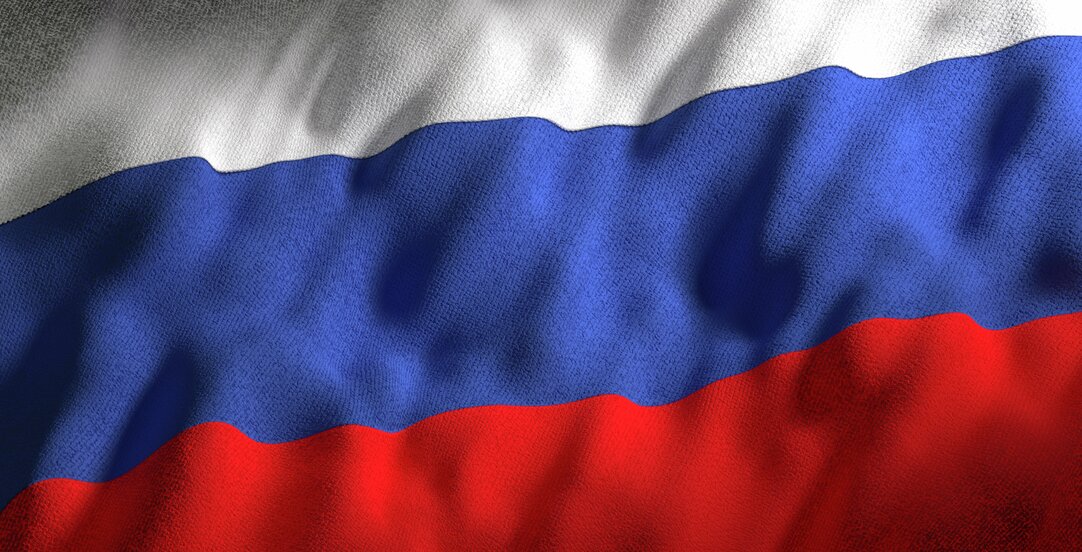Developments in Russia-related sanctions

The recent weeks has seen a high level of activity from EU, US and UK sanctioning authorities, in response to escalated Russian aggression against Ukraine. In this WR Sanctions Alert, we briefly summarise some key developments.
Lesetid 6 minutter
A new package of EU sanctions is underway, the US has imposed sanctions targeting inter alia the Russian quantum computing sector, and the UK has introduced export bans on additional goods and services. Further, the G7 has announced it will finalise and implement a price cap on Russian oil.
EU sanctions: New sanctions are underway, new FAQs
In the wake of escalation of Russian aggression against Ukraine – and in particular the organising of the "sham referenda" and the illegal annexation of Ukrainian regions of Donetsk, Luhansk, Kherson and Zaporizhzhia – the EU announced last week that a new eight package of EU sanctions is in the works. The full details of the coming measures are not yet clear. The Commission has outlined its proposal, which is said to include:
- "sweeping new import bans" on Russian products
- additional export bans on key technologies to Russia, including certain aviation items, electronic components and chemical substances
- additional service bans
- prohibition for EU nationals to sit on bodies of Russian state-owned enterprises
- legal basis for a price cap on Russian oil for third countries (see also below section on G7)
- increased efforts to crack down on circumvention, by making it possible to designate (on the EU sanctions list) persons who circumvent sanctions
- further targeted sanctions designations of individuals and entities, including of the proxy Russian authorities in occupied areas and persons who facilitated the "sham referenda", key persons and entities in the Russian defense sector, as well as actors that spread disinformation about the war
- extension of the geographical scope of the restrictions that already apply to Ukrainian areas (i.e. to Crimea and non-government controlled parts of Donetsk and Luhansk) to cover all non-government controlled areas of Ukraine, including the oblasts of Zaporizhzhia and Kherson
For more information, see statements from EU Commission President Ursula von der Leyden, and from High Representative/Vice-President Josep Borell from 28 September 2022.
Also, the EU Commission has continued its updates of the FAQs on the implementation of Russia/Belarus sanctions regimes. Notably, the Commission has recently changed certain parts of its guidance relating to the transfer of listed goods to third countries. Previously, the FAQs set out that the transfer of goods listed in Annexes XVII, XXI and XXII of Council Regulation 833/2014 was not allowed even when destined for a country outside the EU. Now, however, the Commission has (among other things) stated that the transfer prohibitions, as well as prohibitions on related financial assistance, do not apply to the transfer of certain goods listed in Annex XXI and Annex XXII. The Commission has not adjusted its position relating to purchase of the relevant goods, meaning that purchase of these goods to third countries is still prohibited (if made by EU operators or otherwise falling within the jurisdictional scope of EU sanctions).
US sanctions: New sanctions / export controls targeting Russian quantum computing sector, chemicals, biologics, further listings
Executive Order 14024, issued in April 2021, allows the US government to impose sanctions on persons operating in particular sectors of the Russian economy. On 15 September, a determination was made to add quantum computing to the list of targeted sectors.
Similarly, Section 1(a)(ii) of Executive Order 14071 from April of this year, prohibits the exportation, reexportation, sale, or supply, directly or indirectly of such categories of services as may be determined by the Secretaries of the Treasury and State to any person in Russia. On 15 September, a determination was made to add quantum computing services to the list of prohibited service categories.
Also on the same date, the Bureau of Industry and Security (BIS) issued a Final Rule that expands existing export controls to include certain quantum computing and advanced manufacturing items, as well as certain discrete chemicals, biologics, fentanyl and its precursors, and related equipment that may potentially be useful for Russia's chemical and biological weapons production.
The US has continued to designate individuals and entities under its various Russian sanctions programs. On 30 September 2022, in a coordinated effort in response to the illegal annexation of Ukrainian regions mentioned above, the Departments of Treasury (i.e. OFAC), State, and Commerce (i.e. the Bureau of Industry and Security (BIS)), sanctioned amongst others: members of Russia's military and military-industrial complex, leaders of the Russian financial infrastructure, 278 members of Russia's legislature, as well as Russian proxies in Ukraine. 57 entities were added to the BIS Entity List for supporting the Russian efforts. (See press release from OFAC, press release from the State Department and press release from BIS).
In addition, OFAC issued FAQ #1091, which emphasises that OFAC is prepared to use existing Russian sanctions programs more aggressively, including by targeting attempted circumvention of sanctions and persons that materially support designated individuals and entities.
OFAC's webpage for Ukraine-/Russia-related Sanctions is found at this link, and the updated consolidated SDN list can be found here. The BIS Entity List is at this link.
UK sanctions: New sanctions, further listings
On 30 September the UK announced that it will impose further sanctions, in response to the illegal annexation of the Donetsk, Luhansk, Kherson and Zaporizhzhia regions of Ukraine following sham referendums.
The new UK measures will include:
- export bans on the following services:
- IT consultancy services
- architectural services
- engineering services
- advertising services
- transactional legal advisory services
- auditing services
- new export bans on almost 700 goods deemed to be "critical for production in Russia's manufacturing sector"
- suspension of the process by which actions taken to manage the orderly failure of sanctioned Russian banks are recognised under UK laws
- the Governor of the Central Bank of Russia, Elvira Nabiullina, is now subject to an asset freeze and travel ban
In recent weeks, the UK has also made several Russia related designations of individuals and entities to its consolidated (asset freezing) sanctions list. An overview of all recent OFSI notices, containing identifying information about the designated individuals and entities, is available here. An updated and consolidated version of the UK sanctions list is found here.
Otherwise, OFSI has also published and amended certain general licences relating to Russia. A full overview of general licences issued by OFSI can be found here.
G7: Price cap on Russian oil
In the beginning of September, the G7 Finance Ministers issued a statement saying the G7 will finalise and implement a prohibition of services enabling maritime transportation of Russian origin crude oil and petroleum products globally. According to the statement, the provision of such services "would only be allowed if the oil and petroleum products are purchased at or below a price [..] determined by the broad coalition of countries adhering to and implementing the price cap".
The US has issued a preliminary guidance on the implementation of the coming US domestic rules for the price cap policy, which will take effect on 5 December 2022 (for maritime transportation of crude oil) and on 5 February 2023 (for maritime transportation of petroleum products). The guidance states amongst other things that
- the countries that undertake to implement the price cap policy will be able to participate directly in the coalition’s consultative process that sets the price cap
- the price exception does not authorise the importation of seaborne Russian oil into the US, which will remain prohibited under Executive Order 14066
- concrete guidance is given for how providers of maritime services can comply with the price cap, including an introduction to the recordkeeping and attestation process the price cap policy will rely on, possible red flags for price cap evasions and how OFAC will enforce the price cap
The EU Commission has addressed the intention to implement a price cap in its proposal for an eighth package of Russia-related sanctions last week (see above).
Norwegian sanctions: Implementation of latest EU sanctions
The measures included in the EU's previous sanctions package, were implemented in Norway on 26 August 2022.
The implementing regulation is available here, and a press release from the Norwegian Ministry of Foreign Affairs can be found here (both in Norwegian).
WR Sanctions Alerts provide you with updates on material developments in the country-specific sanctions programmes implemented by the US, the UN, the UK, the EU and Norway. We will not provide updates on mere prolongations, without material changes, of existing sanctions programmes, nor on any listings or de-listings of individuals/entities placed on implemented sanctions lists. Please note that the WR Sanctions Alerts are provided as general information and do not constitute legal advice.

